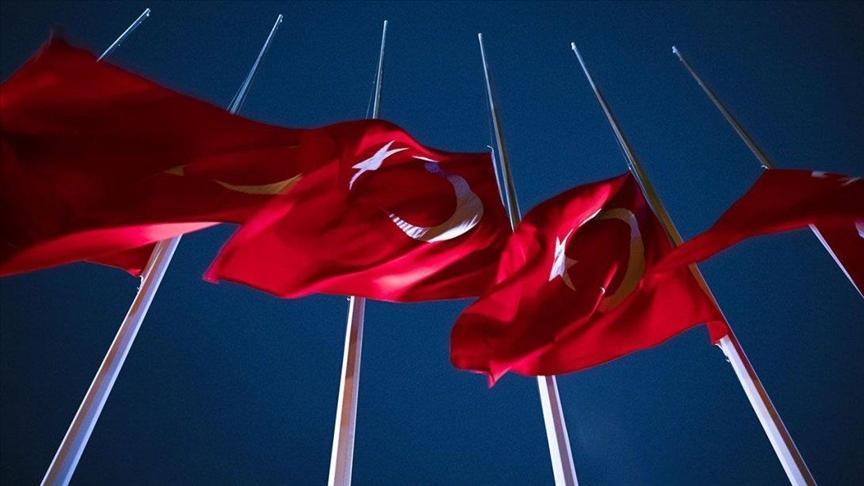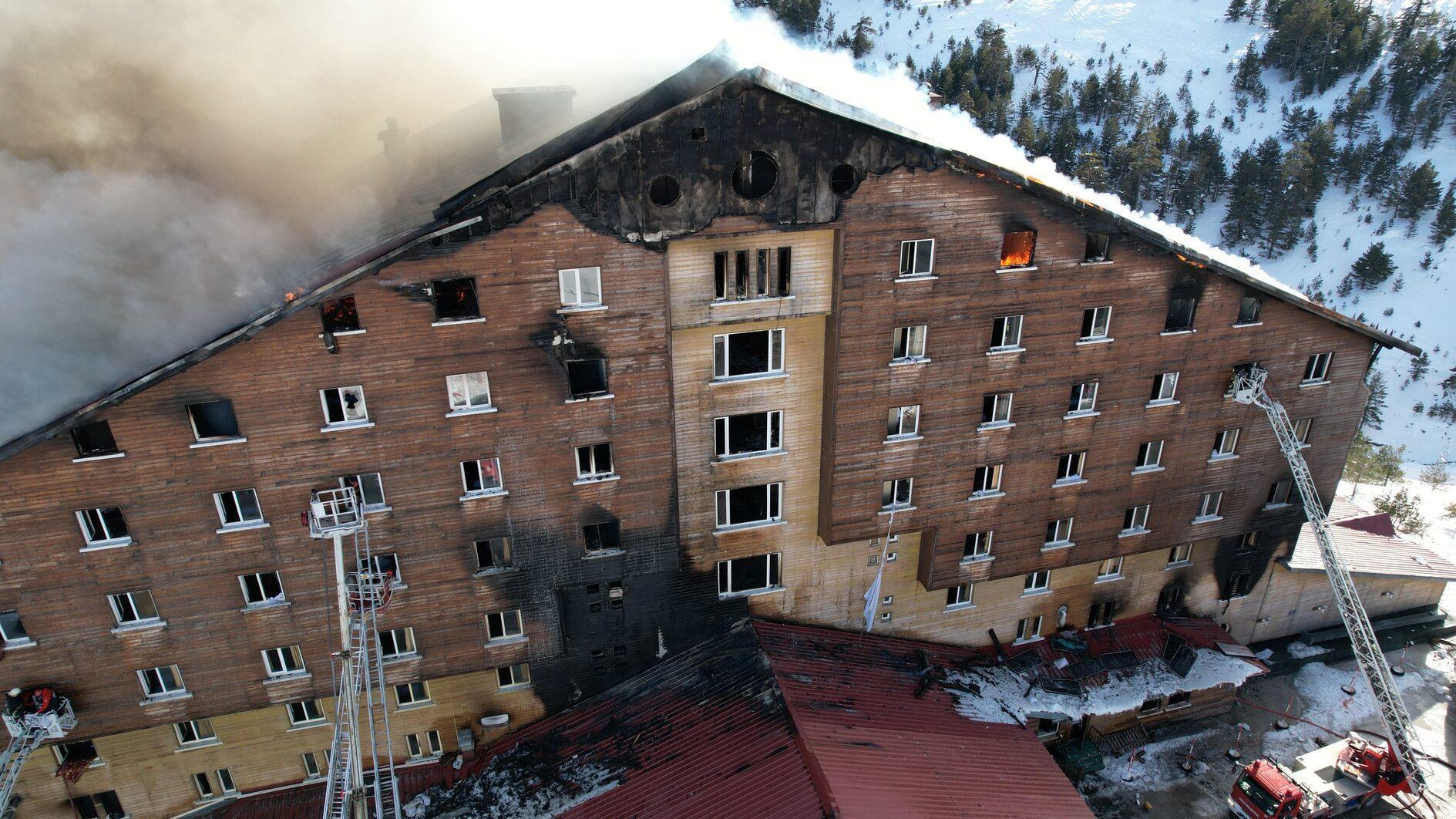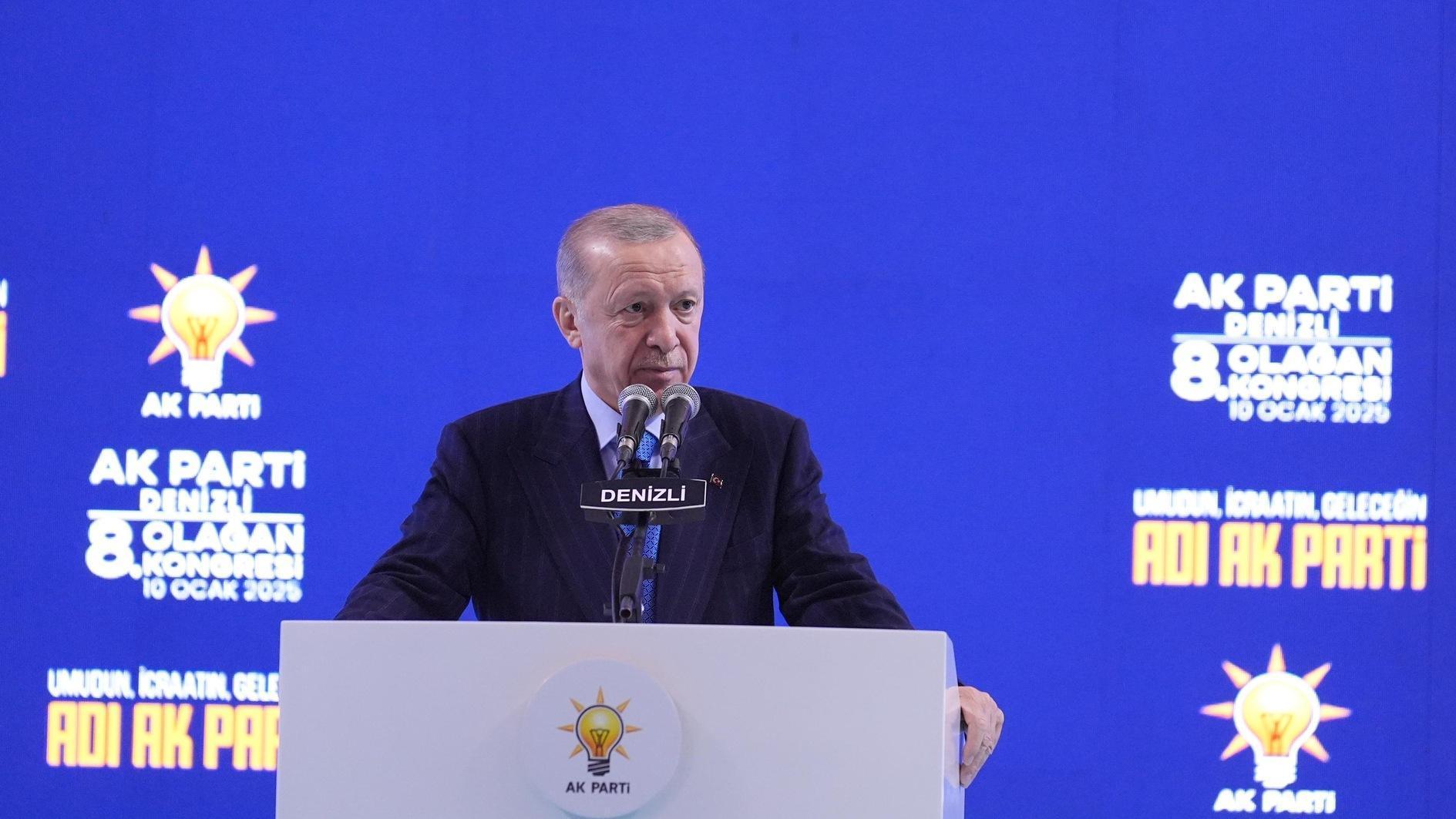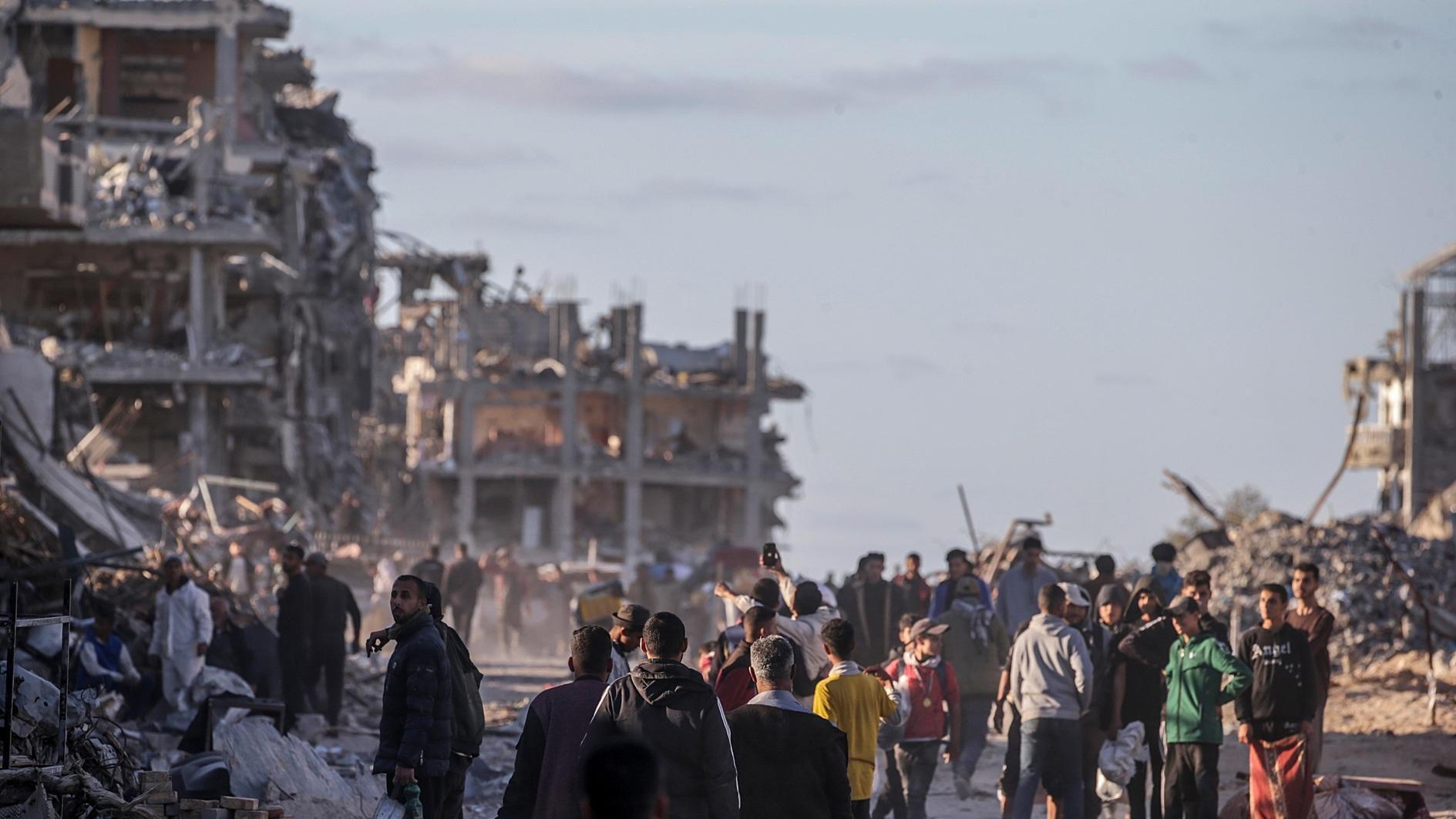Portuguese crooner wins Eurovision
KIEV - AFP
 Portugal won the Eurovision Song Contest for the first time ever with a melancholy ballad performed by a singer who suffers from a serious heart condition.
Portugal won the Eurovision Song Contest for the first time ever with a melancholy ballad performed by a singer who suffers from a serious heart condition.The fado-tinged song “Amar Pelos Dois” was performed by 27-year-old Salvador Sobral, who is awaiting a heart transplant.
It scored a crushing victory, winning top marks both from the tele voters and the countries’ professional juries.
The black-clad singer took to a small separate stage for his minimalist performance of the song composed by his sister Luisa.
“I don’t know about national hero,” Portugal’s first ever winner told journalists afterwards, adding jokingly “I think the real hero is [Portuguese footballer Cristiano] Ronaldo.”
“I just wanted to sing a beautiful song as it is - it’s in Portuguese,” he said of his decision to sing in his native language despite speaking fluent English. “If I can help to bring some change to music, I will be really joyful.”
The ceremony in the capital of ex-Soviet Ukraine began with a glittering light show as the contestants took bows on a stage lit up in the colors of their respective national flags.
“Say hello to the world!” shouted co-presenter Volodymyr Ostapchuk.
But the glitzy contest was marred by the ongoing fighting with Moscow-backed separatists in eastern Ukraine and Ukrainian President Petro Poroshenko opted not to attend after four civilian deaths.
The annual celebration of catchy euro pop, ludicrous costumes and glittering divas watched by some 200 million TV viewers was being hosted by Ukraine for the second time.
Bulgaria’s big-voiced 17-year-old singer Kristian Kostov came second with a confident performance of “Beautiful Mess.” Third was Moldova’s SunStroke Project with a raucous song called “Hey, Mamma” featuring a saxophonist in sunglasses and dancers in wedding dresses and veils.
The latest edition of the contest that began in 1956 with just seven countries offered the usual wacky stage acts and cheesy beats.
Italian Francesco Gabbani, who came sixth, invoked Hamlet and Desmond Morris’s anthropology book “The Naked Ape” in his song while a gorilla-costumed dancer boogied alongside him.
Romania came seventh with an unlikely combination of yodeling and rap while Azerbaijan’s act that came 14th featured a man wearing a horse’s head on a stepladder.
Macedonia’s contestant Jana Burceska failed to make the final but stole the show during the semi-finals by receiving a televised marriage proposal and screaming “Yes!” as her boyfriend knelt down with a ring.
Britain may be experiencing a post-Brexit vote chill in Europe, but pulled out all the stops with a big ballad performed by Lucie Jones, coming 15th.
For the contest, Kiev’s main Kreshchatyk Street was transformed into a Eurovision fan zone with a large stage, beanbags and European Union flags.
Fans with flags painted on their faces snapped selfies, danced, sang and drank beer.
Amid heightened security, some 10,000 police were deployed on the streets, some carrying semi-automatic weapons.
Ukraine first hosted Eurovision in 2005 when the contest symbolized the country’s quest to open up to Europe after the 2004 pro-Western Orange Revolution.
Last year its contestant Jamala won with a song called “1944,” referring to the Stalin-era deportation of her Crimean Tatar ethnic group from the Black Sea peninsula.
This year, Ukraine has used the contest to take tentative steps to soften the climate of homophobia prevalent in the ex-Soviet Union.
The authorities handed out a map of gay-friendly venues to fans of the contest with a massive gay following.
















